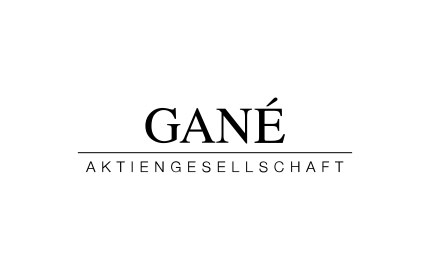Hopes of a timely turnaround by the U.S. Central Bank in its monetary policy initially led to a strong recovery of the stock markets over the summer. But continued high consumer goods inflation, combined with even higher increases in industrial pre-acquisition prices, caused monetary authorities to stick to their chosen path. The confidence of stock market investors gave way to renewed disillusionment. Stock indices such as the S&P 500, Nasdaq and DAX reached new lows for the year. Due to the high volatility and the significant price losses, many market participants are now asking themselves: Has the bottom been reached? When should I re-enter the markets?
GANÉ is often asked to answer questions about the immediate and expected short-term development of capital markets. In times of severe losses, interest in short-term market forecasts naturally increases. The prospect of being able to precisely measure and exploit the low-point for new investments seems too tempting. Our response in style of Warren Buffett: “We haven’t the faintest idea.”
Especially in volatile markets, GANÉ focuses on two core strengths: Very deep fundamental analysis and – with prudence and foresight – an anti-cyclical capital allocation. Technical indicators, sentiment and positioning surveys, capital flows, hedging volumes and short-term trading aspects hardly play a role. Instead, GANÉ remains focused on the careful selection of long-term winning companies. Liquidity is strategically held in order to deploy it in phases of major market distortions.
No one can seriously predict short-term stock market developments. Buffett’s teacher Benjamin Graham already knew: “In the short run, the market is a voting machine, but in the long run, it is a weighing machine.” The decisive factor for successful investing is the long-term development of a business model. GANÉ focuses on a company´s ability to generate high free cash flows and their use over time in coming years. To make an investment decision of this kind, the focus remains on margins and profitability, not on hopes of perfect short-term timing. The entry point, even more so in a crisis, has not been decisive for optimizing returns historically – at least for investors who did not want to speculate in the short-term but invest for the long term.
Author:

